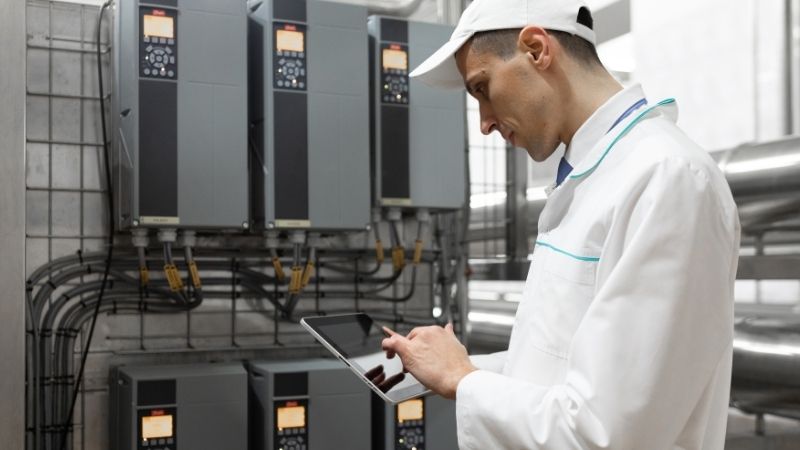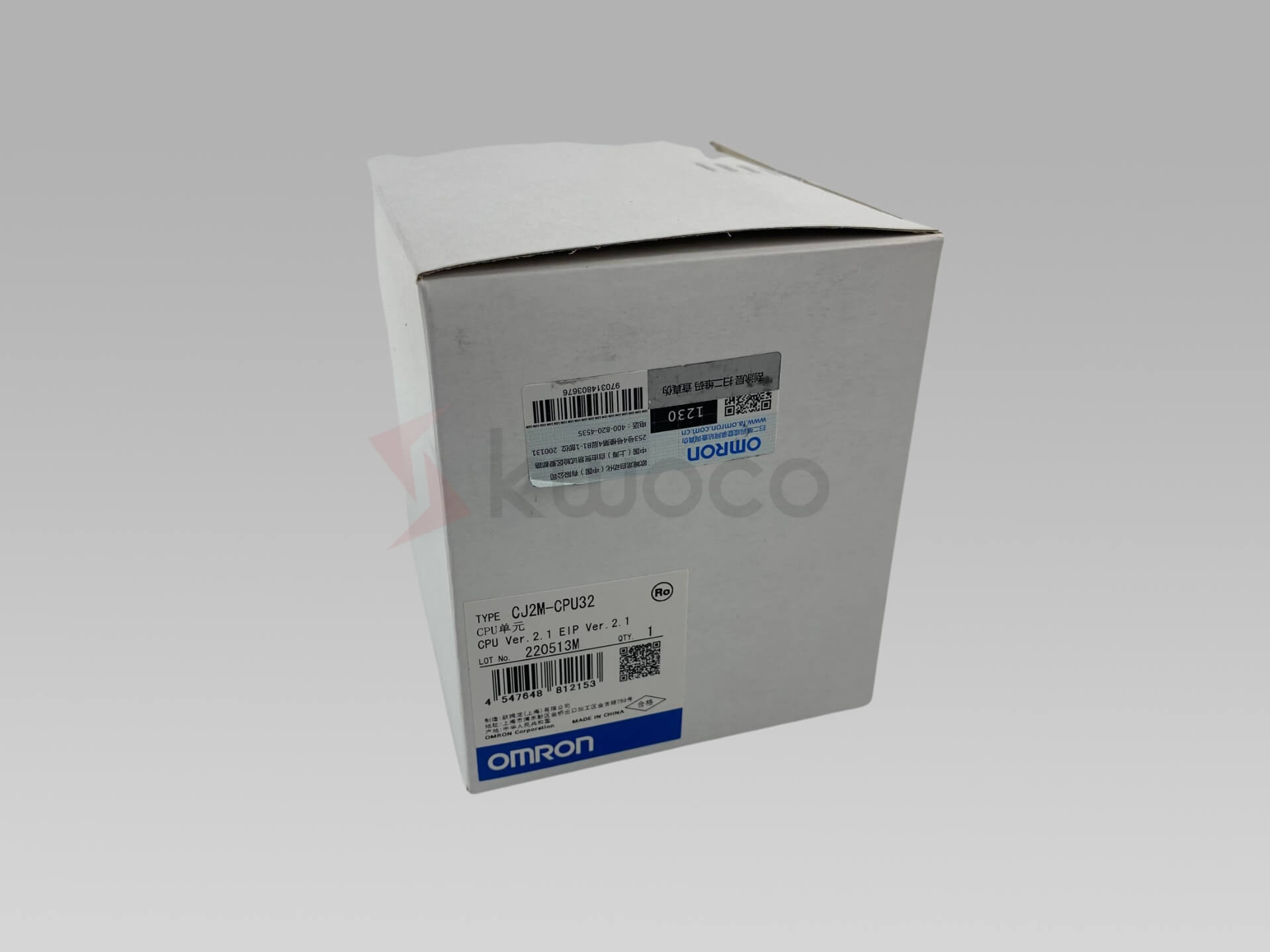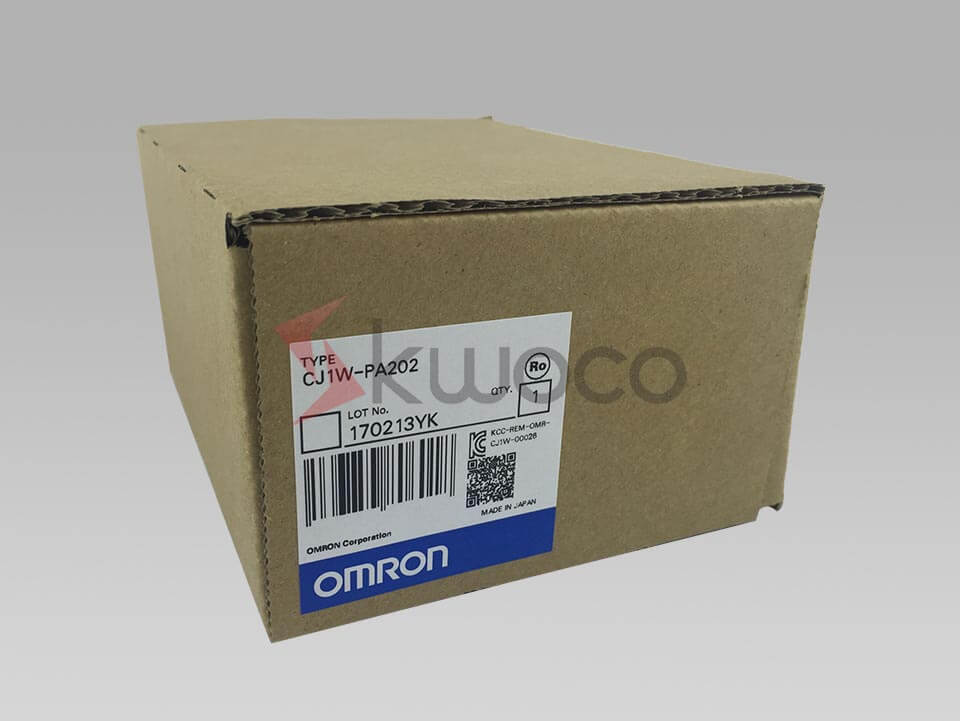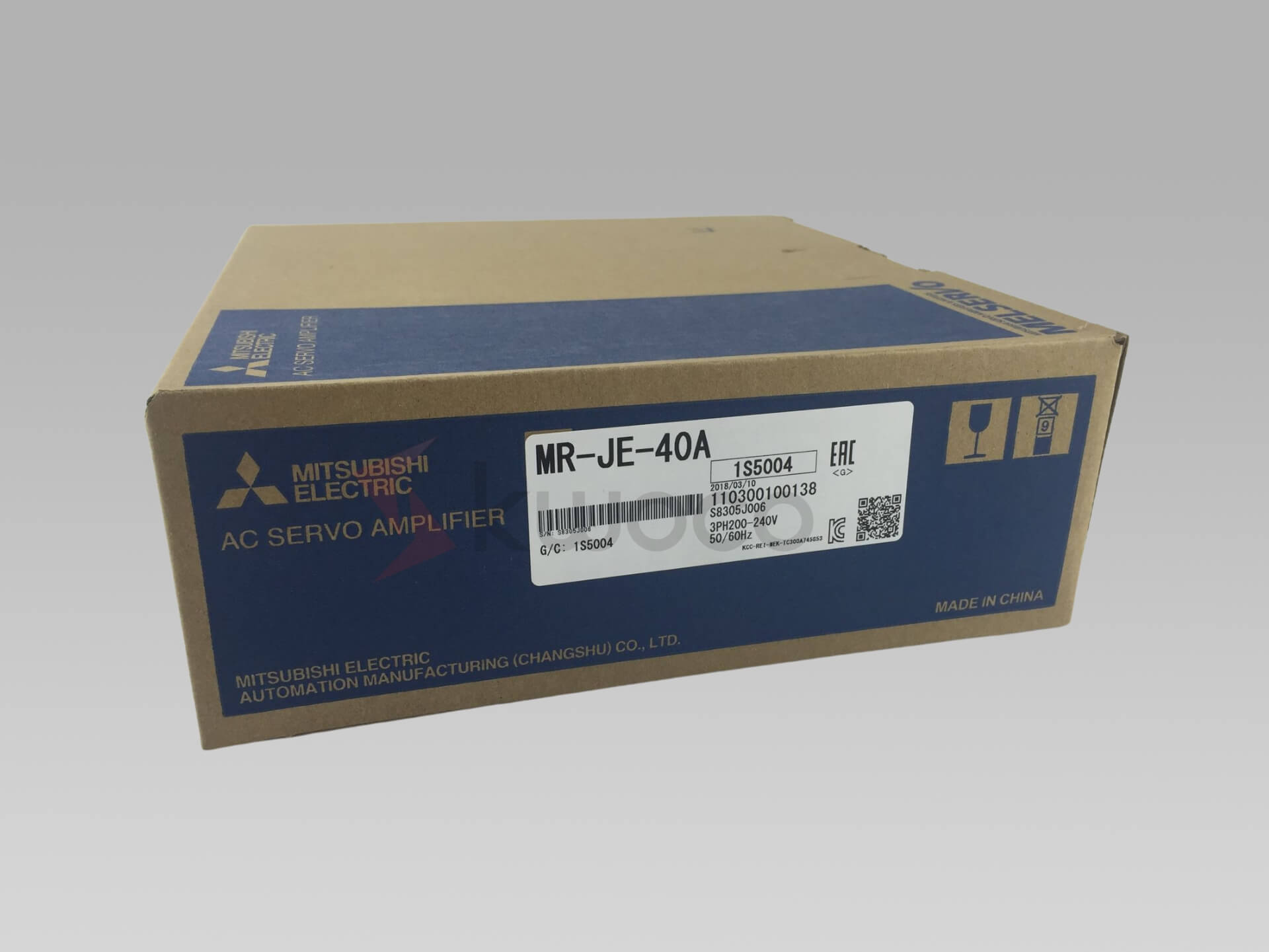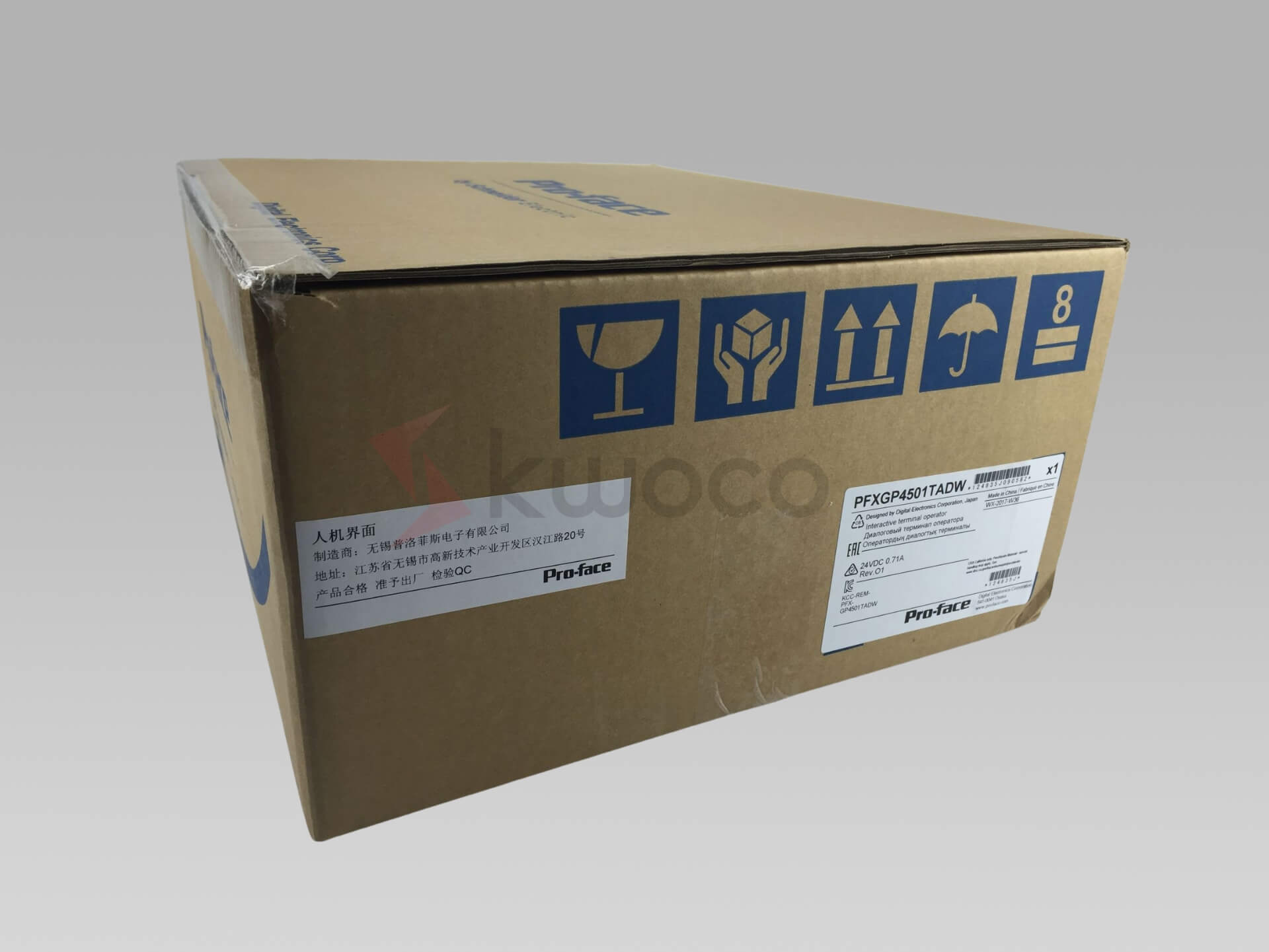VFD vs VSD: Understanding Key Differences in Motor Control
VFDs and VSDs are both electronic devices used to control motor speed, but they operate differently. While VFDs specifically control AC motor speed by adjusting frequency and voltage, VSDs encompass a broader category of drives that can control both AC and DC motors through various methods. VFDs are actually a type of VSD, making every VFD a VSD, but not every VSD a VFD.
Table of Contents
What Are Variable Frequency Drives (VFDs)?
A variable frequency drive is an electronic device specifically designed to control the speed of AC motors by adjusting the frequency and voltage of the power supplied to the motor. VFDs work by:
- Converting incoming AC power to DC
- Using an inverter to create variable frequency AC output
- Precisely controlling both voltage and frequency to maintain optimal motor torque
The ability to control both frequency and voltage makes VFDs particularly efficient for AC motor applications. They offer excellent speed control at startup and can significantly reduce energy consumption in various industrial processes.
How Do Variable Speed Drives (VSDs) Work?
Variable speed drives represent a broader category of motor control devices. They can control:
- Both AC and DC motors
- Motor speed independent of torque
- Various parameters beyond just frequency
VSDs use different methods to achieve speed control, including:
| Control Method | Motor Type | Key Benefits |
|---|---|---|
| Frequency Control | AC | Energy efficient, precise control |
| Voltage Control | DC | Simple operation, cost-effective |
| PWM Control | Both | High precision, good torque control |
What Are the Key Differences Between VFDs and VSDs?
The main distinctions between these drives include:
- Application Scope
- VFDs: Limited to AC motors
- VSDs: Can control both AC and DC motors
- Control Method
- VFDs: Focus on frequency and voltage adjustment
- VSDs: Utilize various control techniques
- Complexity
- VFDs: More specialized but simpler operation
- VSDs: More versatile but potentially more complex
Which Drive Should You Choose for Your Application?
Selecting between a VFD and VSD depends on several factors:
- Motor type (AC vs DC)
- Required precision
- Energy efficiency needs
- Cost considerations
- Application requirements
For AC motor applications focusing on energy efficiency, a VFD solution might be ideal. However, if you need flexibility to control different motor types, a VSD could be the better choice.
What Are the Benefits of Using These Drives?
Both drives offer significant advantages:
- Energy Savings
- Reduce power consumption by 30-50%
- Optimize motor efficiency
- Lower operational costs
- Process Control
- Precise speed control
- Better torque management
- Improved product quality
- Equipment Protection
- Soft start capabilities
- Reduced mechanical stress
- Extended motor life
Frequently Asked Questions
VFDs reduce energy consumption by adjusting motor speed to match load requirements, preventing unnecessary power usage.
While VSDs are versatile, they must be matched to the specific motor type and application requirements for optimal performance.
Most installations see a return on investment within 6-24 months through energy savings.
While VFDs are excellent for many applications, some situations may require different control methods or specialized VSDs.
Regular inspection of cooling systems, electrical connections, and environmental conditions is recommended for optimal performance.
Power your projects with brand-new, original Omron, Mitsubishi, Schneider PLC – in stock, ready now!
Conclusion
- VFDs are a specific type of VSD focused on AC motor control
- VSDs offer broader application flexibility
- Both drives can significantly improve:
- Energy efficiency
- Process control
- Equipment longevity
- Operational costs
- System reliability
Remember to consider your specific application requirements, motor type, and control needs when choosing between a VFD and VSD. For expert guidance on industrial automation solutions, consult with qualified professionals who can help you make the best choice for your needs.
Contact Us
Just fill out your name, email address, and a brief description of your inquiry in this form. We will contact you within 24 hours.
You May Also Find These Topics Interesting
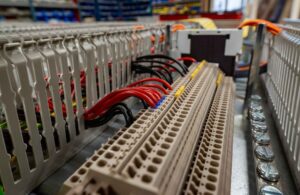
24VDC vs 120VAC: Understanding the Differences in Automation
When selecting control voltages for industrial automation, two common choices are 24VDC and 120VAC. But how do you decide which one is right for your application? In this article, we will break down the key differences between 24VDC and 120VAC, explore their uses in automation systems, and help you make an informed decision based on your needs.
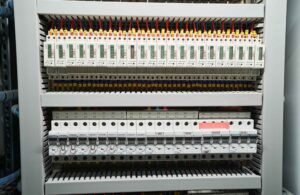
What Is a PLC Panel? A Guide to Electrical Automation
The PLC control panel is the cornerstone of modern industrial automation, orchestrating complex processes with precision and efficiency. Understanding what a PLC panel is and how it functions is essential for anyone involved in industrial operations. This comprehensive guide will illuminate the world of programmable logic controllers and their pivotal role in automating industrial processes.
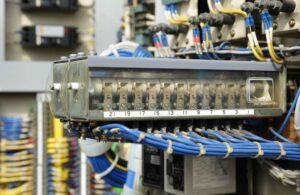
Top 10 Features of Omron PLCs That Make Them Industry Leaders
Programmable Logic Controllers (PLCs) are the backbone of modern industrial automation, and Omron has consistently been at the forefront of this technology. Omron PLCs are renowned for their reliability, versatility, and advanced features, making them a top choice for industries worldwide. In this article, we’ll explore the top 10 features of Omron PLCs that set them apart as industry leaders.

